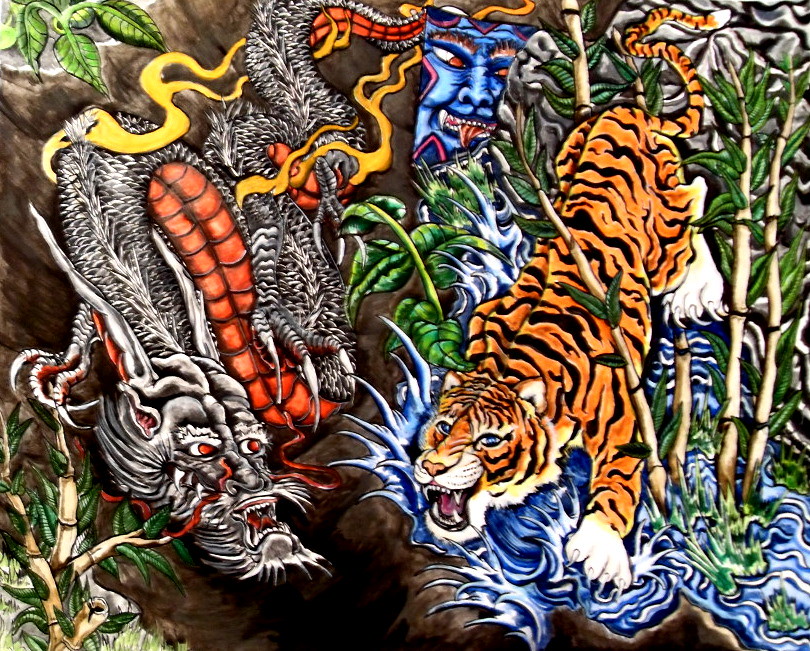- Unnatural Uncle who would kill nephews when they become a few years old, two already dead
- No explanation for why he does so? Later on seems to see his nephew as a threat to his life, but no reason given for this idea
- Aunt went to mother and told her to hide the gender of another boy if he's born
- Worked for a time, but Uncle discovered that the son was a boy
- Boy takes old playthings of his brothers
- Piece of a knife, eagle-down, and a sour cranberry
- Uncle takes the boy to go fetch wood, and traps him in a log
- Boy rubs sour cranberry on inside of log and the log 'opened its mouth', freeing him
- Uncle is surprised and annoyed at the boy continuing to live (and coming back with wood), and swears to his wife that he will kill the boy
- Uncle takes boy out to get ducks and eggs, leads him to a steep bluff and pushes him down
- Boy uses eagle-down to drift down, retrieves ducks and eggs, and goes up by blowing at eagle-down
- Uncle is furious at boy's return again
- Uncle takes boy to go get clams, pushes boy into large clam
- Boy uses piece of knife to cut clam's ligament until it lets him out and comes back with clams
- Uncle makes a box for the boy and makes him go inside; Uncle closes the box, ties it shut, and throws him into the ocean
- After a long time, boy is rescued by two girls of the Eagle people who can put on and take off eagle skins to transform from human to eagle and back
- While discussing the box (before they know he is inside), younger daughter claims the box but the elder daughter claims the contents
- Elder daughter of the village chief claims the boy and they marry happily
- Boy returns to his village after he misses his parents, using the chief's eagle-skin to fly home
- He hunts a whale and puts it on the beach
- Uncle took control, not allowing any whale meat to be given to the boy's parents
- The boy, in eagle form, swoops at the Uncle multiple times, getting closer each time until he grabs the Uncle the fourth time and brings him to a cliff
- Transforming back, the boy tells the uncle that he will be punished for treating his parents cruelly
- Uncle will be dropped in ocean and only has chance to live by swimming back to shore
- Uncle cannot swim, begs to be taken back
- Boy returns to his parents and brings them back to Eagle land with him
Bibliography: The Jealous Uncle from Tales of the North American Indians by Stith Thompson. Web Source
Image: Wild Bald Eagle Ocean by KetaDesign on Wikimedia Commons . Web Source







